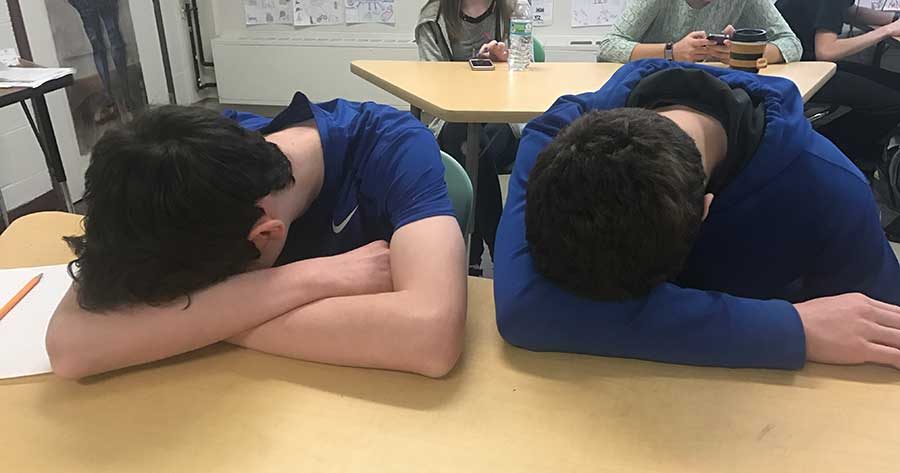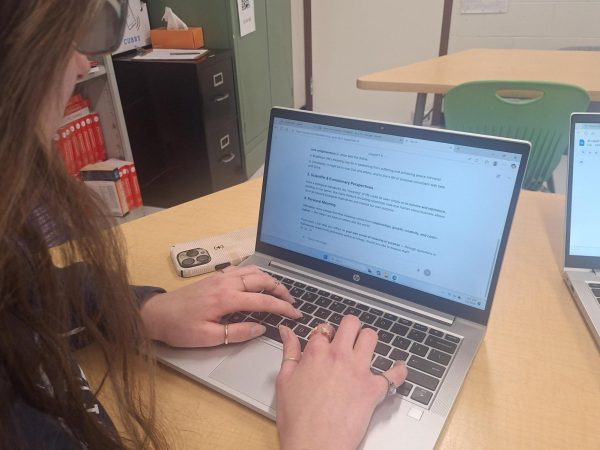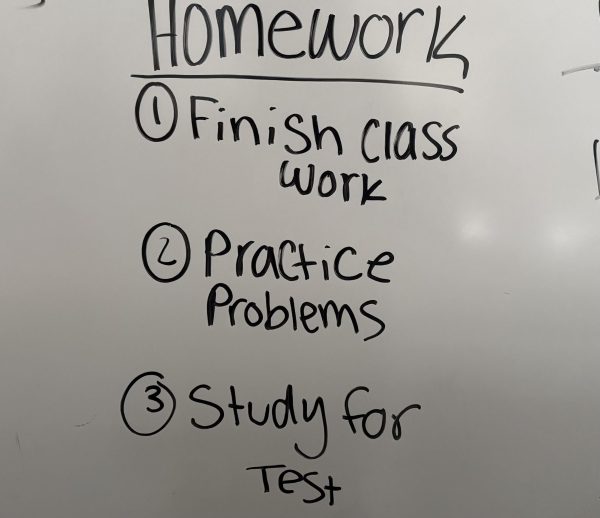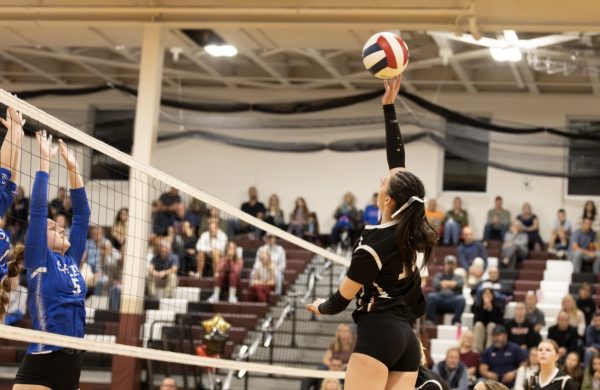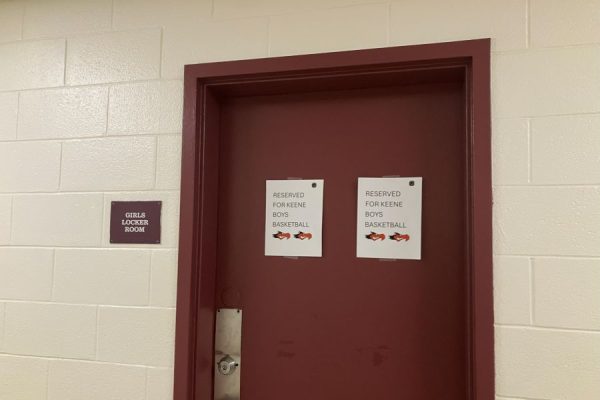Does School Start Too Early?
In high schools all across America, teenage boys and girls are being forced to wake up too early. This is sleep deprivation, which can lead to many of a long list of potential health complications. Not only is this terribly unpleasant for the majority of students, but it comes with a fair amount of health deteriorating outcomes. The first bell, at the majority of high schools in the United States rings at 8:00 a.m.. Now, while this is the way that it has been for a while, the list of things that are wrong about it is astronomical. Many students, parents, and even medical professionals are realizing that school simply starts too early, and they have been trying to argue it with their respective school districts, who, of course, have plenty of arguments of their own backing up the early morning start to the school day.
Many school officials like to make the argument that a later start time to the school day would mean a later end time, and this could make it difficult to schedule after school sporting events. However, one would think that if it has been proven that waking up the athletes early deprives them of sleep and therefore energy, that it would be beneficial to the them. Not only that, but since when did extra curricular activities become more important than the normal courses of study? Maybe if the students were more well rested, and therefore able to learn and retain information better, the test scores would be higher and the schools would get more funding. Maybe some of that funding could even be used to get lights for the sport fields so that it would no longer be an issue.
Daniel Domenech, executive director of AASA, the School Superintendents Association, had this to say when approached by a USA Today reporter: “This has been going on forever, and kids have been graduating from school and going on to college. It certainly doesn’t seem to have hurt them all these years.” Sure, it hasn’t hurt them because they are already hurt. We haven’t been able to compare early start times to later start times, because school has always started too early. Academically, what could possibly be even one way in which students getting the right amount of sleep could do anything other than increase proficiency and productivity?
Judith Owens, director of sleep medicine at Boston Children’s Hospital and lead author of the pediatric academy report,expresses how many studies have shown that today’s teens are chronically sleep deprived. In fact, two thirds of students in high school are even able to get eight hours of sleep, according to the CDC report which also states that adolescents who don’t get enough sleep are at higher risk for being overweight, depressed and using tobacco, alcohol or illegal drugs, but less likely to get enough exercise. Not being able to get even eight hours of sleep is clearly not a good thing when the recommended amount of sleep for an adolescent is between eight and a half and nine and a half hours.
While some parents believe that “sleepy teens” are just lazy, it has been proven that their biological clocks in regards to their sleep cycles are just very different from adults. “While the average adult’s body tells her to sleep from about 11 p.m. to 6:30 a.m., the typical teen body wants to sleep from about 12 a.m. or 1 a.m. until 8 a.m. or 9 a.m.. When school starts too early, “they’re waking up at a time when their brain doesn’t want them to be awake. Kids forced to wake up too early also miss out on REM sleep, which is important for consolidating memories and helping people to remember what they learned that day, Owens said. REM sleep tends to be concentrated in the last third of the night, or between 6 a.m. and 9 a.m. for a typical teen” (Liz Szabo).
Judith Owens, director of sleep medicine at Boston Children’s Hospital and lead author of the pediatric academy report, explained how if an adult would have to get up at the same time as an adolescent would for school relative to their biological sleep cycle, it would be like telling that adult “to get up at 3 o’clock in the morning and function at full capacity”. In the end, students all across America having to wake up at such an early time should be considered a public health hazard. It is proven to be detrimental to health in many studies, and it is certainly something that should be fixed. Not only is it something that should be fixed, but it is something that needs to be fixed. Not simply for the sake of our children’s health, but for the sake of their educations, and by extent, their quality of life.

Collin is a Senior at Goffstown High School. He is a member of the varsity football team, the 1000lb weight lifting club, and the Movement and Dance Company....



